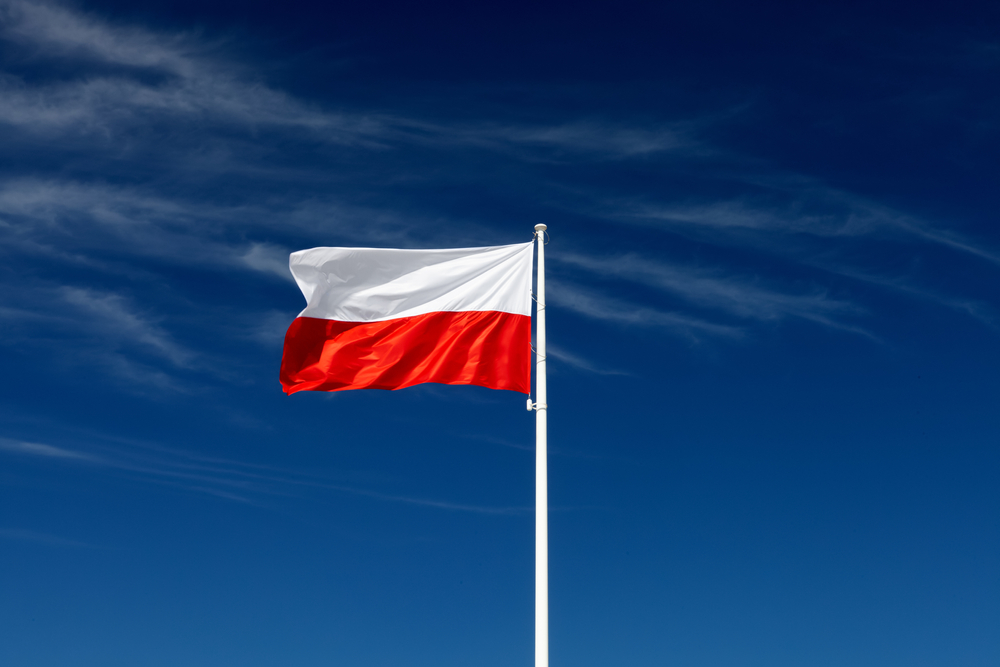In today’s Poland, discussions are entirely dominated by the dynamics of social media. Important and timeless issues are mixed with fleeting and trivial events in a single stream of comments and emotions, capturing attention only momentarily. It is easy to lose perspective in this environment, to forget what is crucial and what is merely noise meant to distract and disorient.
In this world of chaos and cacophony, politicians, our representatives whom we empower, and institutions, which we ought to nurture, have the potential to establish a hierarchy of important goals. Politicians also have the tools to strive for these goals. Thus, we typically expect those in power to present us with the direction in which they are heading. What do they believe is crucial for Poland’s continued development, and how do they envision this development?
If they fail to answer these questions or visibly dodge them, it indicates a misguided understanding of their role and the power we have entrusted to them.
It is not difficult to recall how, not so long ago, the main topic of debate in Poland was about the future development of our nation and society. Questions were raised about the conditions for a new developmental leap for Poland and assessments of the past three decades were typically positive. All of this had profound justifications. The growth of societal ambitions, awareness of our potential, and concerns about new threats make it clear that there is no issue more critical for Polish politics today than how to build conditions for further state development.
Infrastructure, technology, investment, energy, demographics, and defense should therefore be the primary concerns of those who, by virtue of their power, have the means to establish and achieve these goals.
The real question is whether, after 35 years of hard joint effort towards their future, Poles have acquired the ability to strategically manage their resources, or, as has happened before in their history, it turns out they work primarily to the benefit of others. Unfortunately, given the increasingly toxic nature of today’s politics, one cannot be overly optimistic about this matter.






